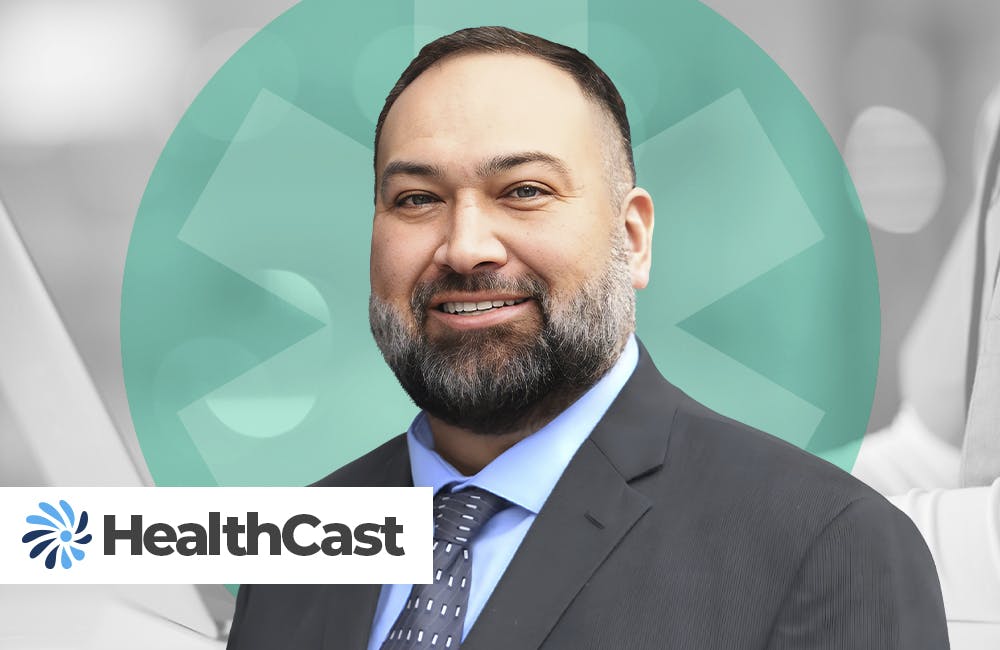Trump’s VA Secretary Nominee Aims to ‘Streamline’ Operations
Former Rep. Doug Collins said he wants to “streamline” VA operations. If confirmed, he’d inherit VA’s massive digital transformation efforts.

President-elect Donald Trump nominated Doug Collins, former congressman from Georgia’s 9th congressional district, for secretary of the Department of Veterans Affairs. If confirmed by the Senate, Collins would inherit the agency’s large-scale modernization efforts resulting from the PACT Act and electronic health record overhaul.
Collins, who served in Congress from 2013 to 2021, joined the Air Force Reserve in 2001. He was deployed to Iraq in 2008 with the 94th Air Wing at Dobbins Air Reserve Base in Marietta, Georgia and previously served as a U.S. Navy Chaplain.
“We must take care of our brave men and women in uniform, and Doug will be a great advocate for our active duty servicemembers, veterans and military families to ensure they have the support they need,” Trump said in a statement.
Trump’s first administration saw passage of the bipartisan 2018 MISSION Act, which gave veterans greater access to health care in VA facilities and the community, expanded benefits for caregivers and improved VA’s ability to recruit and retain the best medical providers. The act led to improved reporting of staffing and vacancy data at the agency.
During his first administration, Trump also released the President’s Roadmap to Empower Veterans and End a National Tragedy of Suicide (PREVENTS), a nationwide plan to raise awareness about mental health, connect veterans to resources and facilitate research into suicide prevention. Veteran suicide prevention efforts, a bipartisan issue, are expected to continue in Trump’s second administration.
VA is currently serving and delivering more benefits than ever before as a result of the PACT Act, while also modernizing its electronic health record system.
Most recent legislation like the PACT Act, signed into law in August 2022, enacted the most significant expansion of benefits and services for toxic exposed veterans in more than 30 years and dramatically increased the number of veterans applying for and receiving benefits from the VA. In response to this influx, VA has launched several modernization efforts aimed at improving how it connects with veterans, communicates their eligibility for benefits and streamlines the process for obtaining those benefits.
The agency has faced challenges with its EHR modernization and paused deployment in April 2023 to address issues with the software, but has bolstered support at sites like Lovell Federal Health Care Center in North Chicago ahead of a larger deployment expected in 2025.
Collins would succeed Denis McDonough, who was appointed as VA secretary under the Biden administration, and inherit VA’s ongoing modernization efforts.
“We’ll fight tirelessly to streamline and cut regulations in the VA,” Collins said on X. “Together, we’ll make the VA work for those who fought for us. Time to deliver for our veterans and give them the world class care they deserve.”
This is a carousel with manually rotating slides. Use Next and Previous buttons to navigate or jump to a slide with the slide dots
-

How Holistic IT Strategies Drive Mission Outcomes
Former GSA associate CIO Erika Dinnie shares lessons on holistic modernization and offers practical guidance for federal employees exploring private sector opportunities.
5m watch -

New ARPA-H Director Outlines Cybersecurity, Innovation Agenda
Alicia Jackson prioritizes hospital cybersecurity and opens opportunities for innovators through new programs and funding events.
2m read -

From Fed to Founder: Joe Scheidler on People, Policy, Innovation
Joe Scheidler outlined lessons from his White House and State Department tenure that helped drive his startup success.
7m watch -

IHS Modernizes Native Health Care with PATH EHR
IHS CIO Mitchell Thornbrugh shares how PATH EHR is transforming Native health care through data liberation, scalable systems and community-driven innovation.
18m listen








